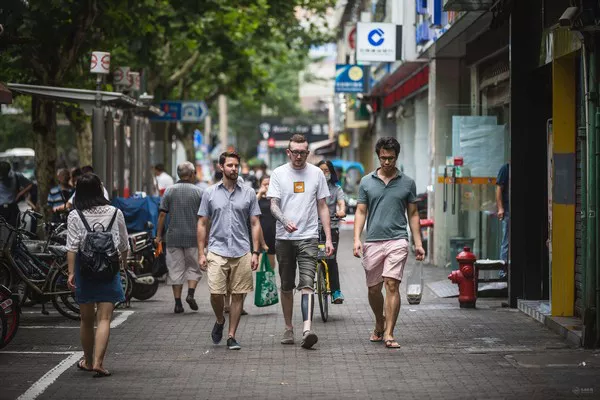Ghana is facing a significant economic challenge, with an estimated annual loss of 7% of its GDP attributed to mental health issues. This alarming figure mirrors a global trend where mental health is increasingly recognized as a pressing economic concern.
According to Keith McMahon, the British High Commissioner to Ghana, the global cost of productivity losses due to depression and anxiety amounts to a staggering USD $1 trillion. In the UK alone, the financial burden on employers reaches approximately USD $45 billion each year, highlighting the urgent need for businesses to prioritize mental health as a crucial component of sustainable growth.
While specific statistics regarding the impact of mental health on Ghana’s economy are scarce, the experiences of advanced economies like the UK serve as a cautionary tale for local businesses. Investing in employee mental health is not merely a corporate responsibility; it is a strategic necessity for long-term success.
This growing recognition of mental health’s importance was evident at the 5th Employee Assistance Programme (EAP) Africa Summit, held on October 16, 2024, at the Accra Marriott Hotel. The summit, themed “Mental Capital: Enhancing Socio-Economic Growth and Development Through Cutting Edge Mental Health and Wellbeing Initiatives,” provided a platform for business leaders to discuss the relationship between mental well-being, organizational excellence, and socio-economic advancement.
Patience Osekere, CEO of Supreme Healthcare Management Services and Subsidiary EAP-Africa, stressed the need for businesses to prioritize mental health. She asserted that mental capital—which encompasses psychological resources, resilience, creativity, and emotional intelligence—is essential for a thriving economy. “The challenges we have faced in recent years—whether due to COVID-19 or other factors—have brought mental health to the forefront,” Osekere noted. “It is now more evident than ever that mental capital forms the foundation of sustainable growth and a strong economy.”
Dr. Joana Ansong, Team Lead for Non-Communicable Diseases and Mental Health at the World Health Organization (WHO), delivered a keynote address on behalf of Dr. Frank Lule, Officer-in-Charge of WHO Ghana. She conveyed a critical message: mental health must be regarded as a strategic priority for businesses and organizations. Dr. Ansong emphasized that addressing mental health in the workplace can significantly enhance productivity and foster employee loyalty.
The summit also featured an open panel discussion, where experts explored strategies organizations can implement to integrate mental health programs into their operations, thereby cultivating a healthy and productive workforce. As mental health increasingly becomes integral to effective leadership and organizational growth, the EAP Africa Summit emerges as a vital platform driving this transformation across various industries in Africa.
Related topics:




























